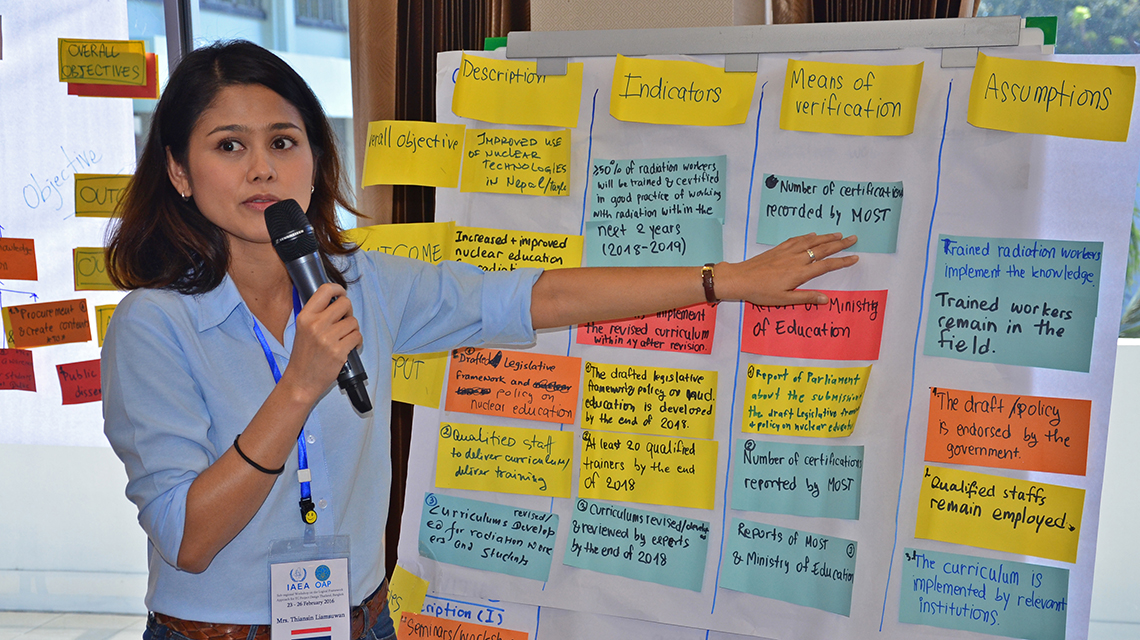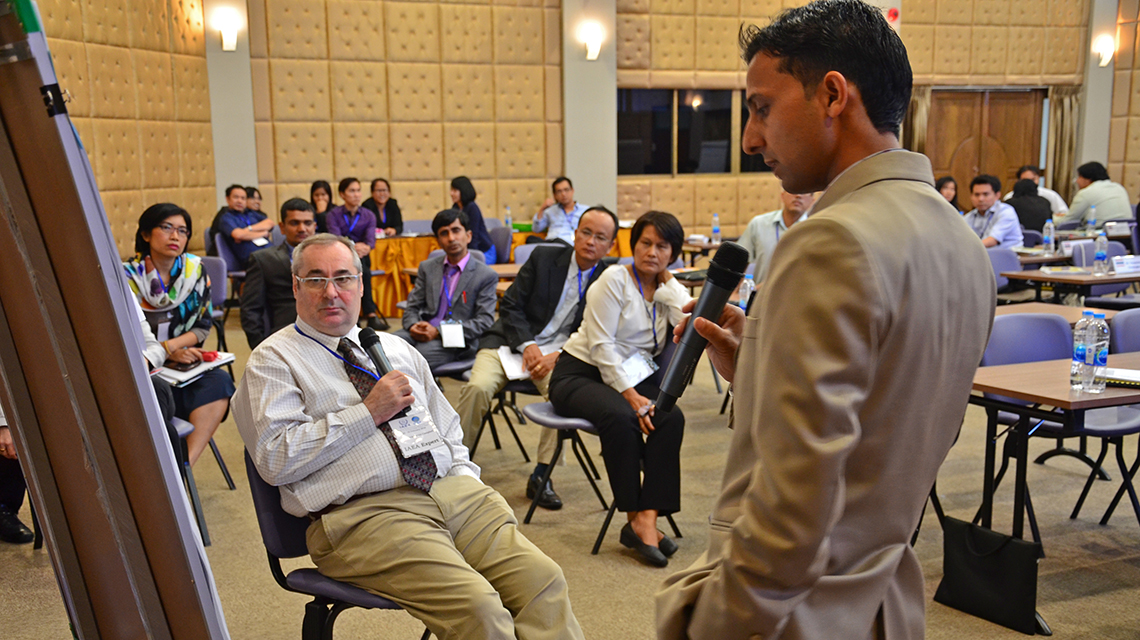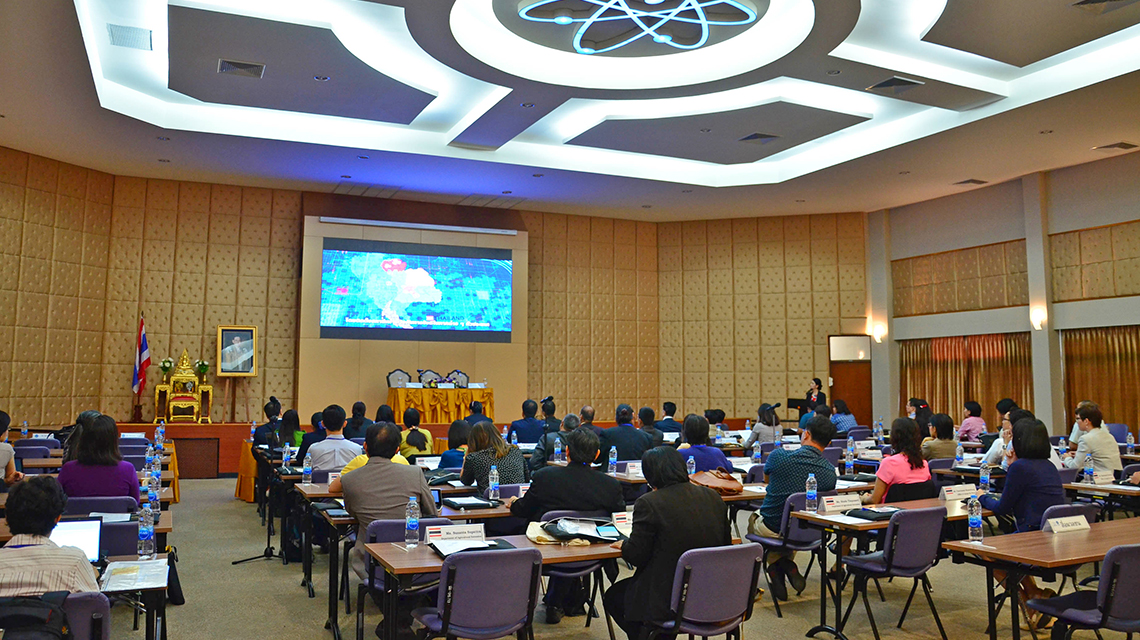As part of a strategy to continuously enhance the quality of the IAEA technical cooperation (TC) programme, the IAEA organizes regional, sub-regional and national workshops to ensure that project proposals submitted by Member States are result-oriented and take into account the respective context of the country. This requires them to be comprehensive and coherent, and to ensure that all foreseeable risks and opportunities are identified. In keeping with this strategy, 50 participants and an additional 30 observers have recently attended a sub-regional workshop in Bangkok, Thailand, from 23 to 26 February, to learn more about the Logical Framework Approach (LFA) and its application in the development and implementation of IAEA TC projects.
All planning and design of the hundreds of technical cooperation projects launched each biennial TC cycle conform to the same methodology, the Logical Framework Approach (LFA), a method that is applied across the United Nations system and even in private industry to conceptualize development and aid activities. This participatory technique helps Member States to define the course of an entire project, from start to finish. It encourages national counterparts, together with other stakeholders, to identify key problems, to find solutions to address them, and to explore all feasible alternatives for implementation, considering the specific context of their country. When the LFA is applied appropriately, it provides a consistent schematic which assists in project planning, implementation, monitoring and evaluation.


